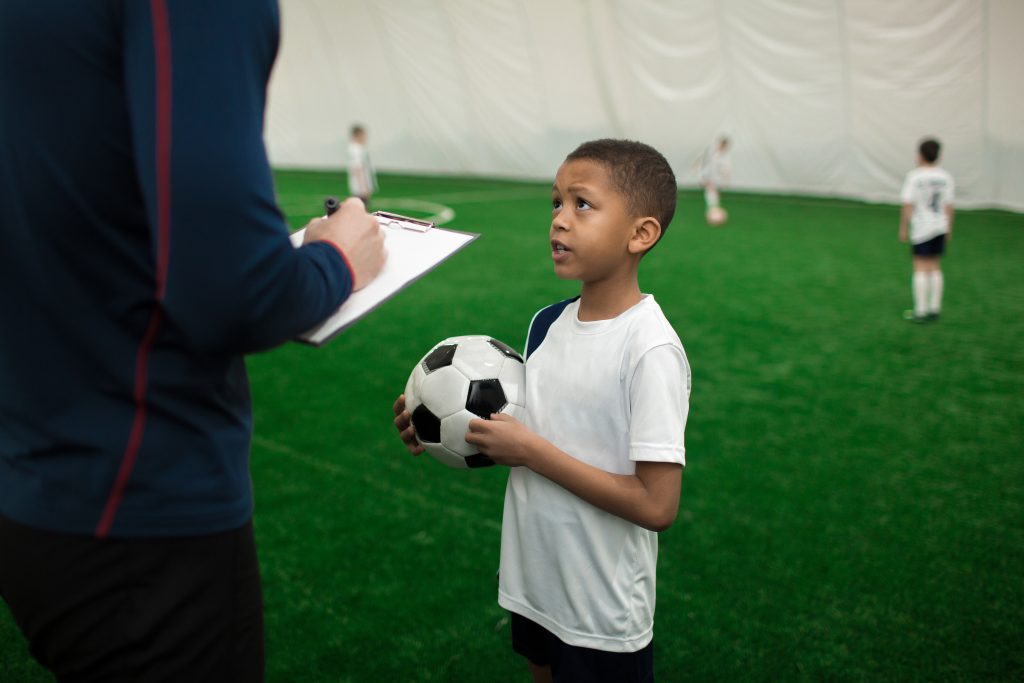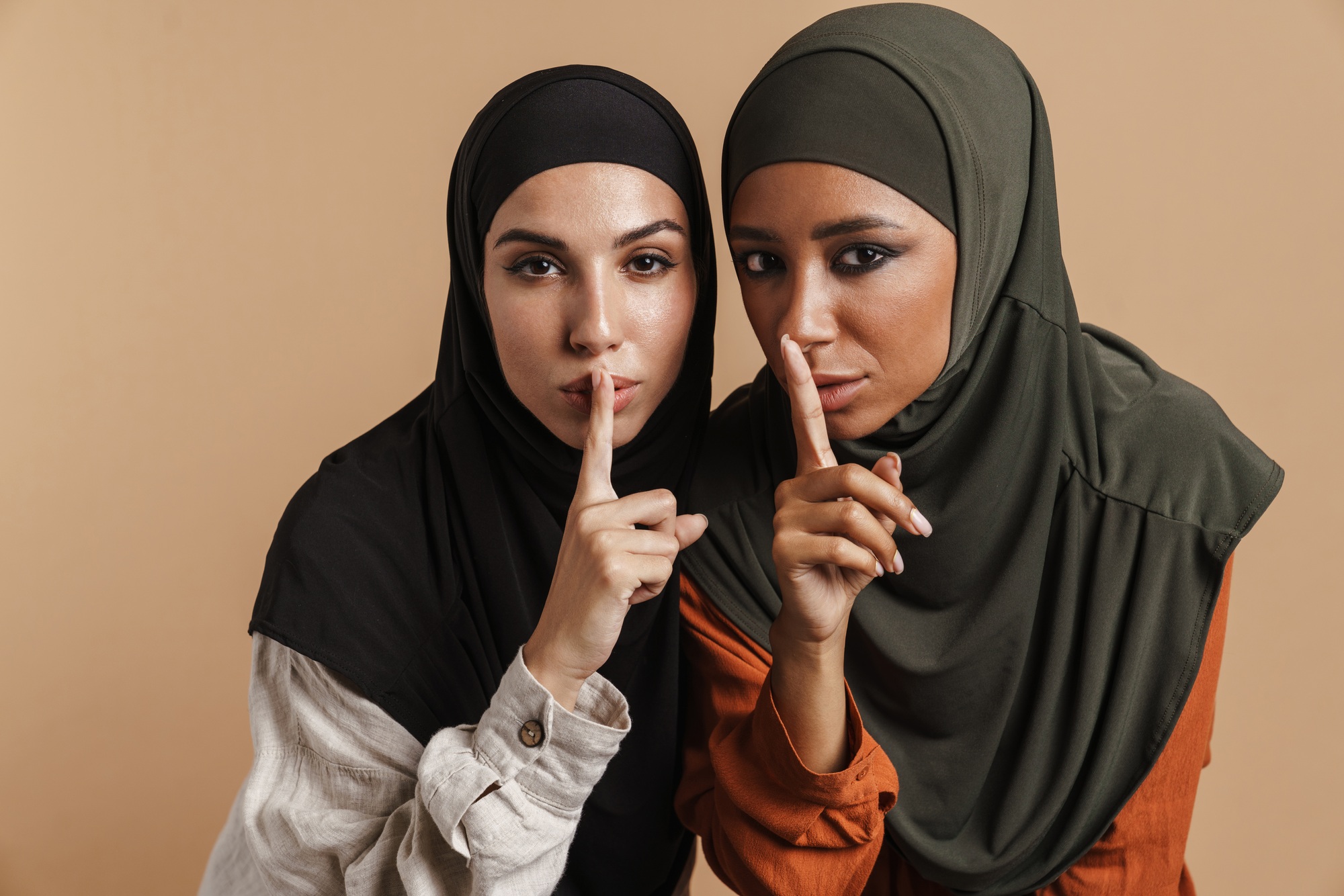Sports can illustrate all different types of cultural fluidity.
Communities benefit from having their cultural rights recognized because it boosts their ego and motivates them to keep their traditions alive while also being recognized for their ideas and traditions. However, in sports and life there will always be diversity.
In an article in the International Journal of Sport and Exercise Psychology, Tatiana Ryba, Natalia Stambulova, Gangyan Si and Robert Schinke write: “Cultural diversity is an important challenge that is frequently encountered by sport and exercise psychology professionals. Increased globalization has fostered a wider exchange of people, objects, images, ideas, value systems, and information, which has thus changed the contemporary sporting landscape, signifying one of the most exciting and challenging movements in the globalized cultural field today.”
The heterogeneous panorama of modern sport makes it difficult to rethink sport and exercise psychology research and practice from a culturally reflective perspective, the authors add.
As different critical studies have witnessed, our contemporary understanding of sport is more than just a ball traveling between groups of players, a fight for a finish line or an attempt to impress judges. It’s more than just the usual accoutrements of athletics that fade into other areas of society: officiating and bookkeeping, financial information of events, victors’ hero worship, and youth training.

















